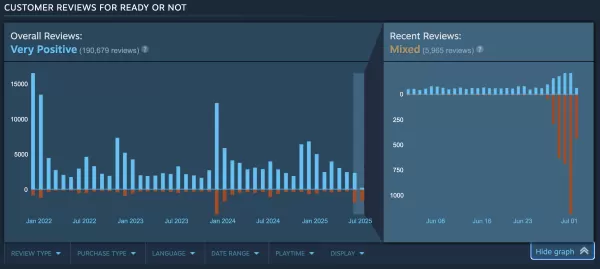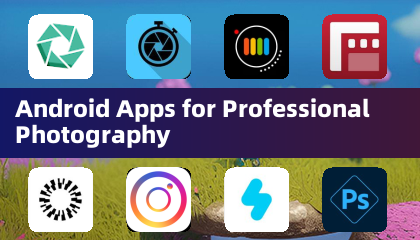It's another day in the ongoing Epic vs Apple saga, and it looks like Apple might have to drop its controversial 30% commission on links to alternative payments outside the App Store. This significant development stems from a major ruling in the long-standing legal battle between the two tech giants.
What does this mean for consumers and developers? In simple terms, Apple has decisively lost ground in the original Epic vs Apple case, which began when Epic Games' CEO, Tim Sweeney, enabled direct in-app purchases for Fortnite, offering players a substantial discount. This move challenged Apple's control over in-app transactions.
Previously, Apple had to eliminate fees and restrictions on outside linking in the EU, but the US had been more favorable to Apple. However, the latest ruling changes that dynamic. Apple can no longer:
- Impose fees on purchases made outside an app.
- Restrict developers' placement or formatting of links.
- Limit the use of 'calls to action,' such as banners that inform users of potential savings.
- Exclude certain apps or developers.
- Use 'scare screens' to interfere with consumer choice.
- They must now use 'neutral messaging' to inform users they are navigating to a third-party site.
While Epic may have lost some individual battles, it appears to have won the broader war against Apple's restrictive policies. Apple plans to appeal the decision, but overturning it seems unlikely given the current judicial stance.
With the Epic Games Store for mobile already established on Android and iOS in the EU, and on Android in the US, the importance of the iOS App Store could diminish over time. This shift could empower developers and give consumers more freedom and potentially better deals on in-app purchases.



 LATEST ARTICLES
LATEST ARTICLES 












